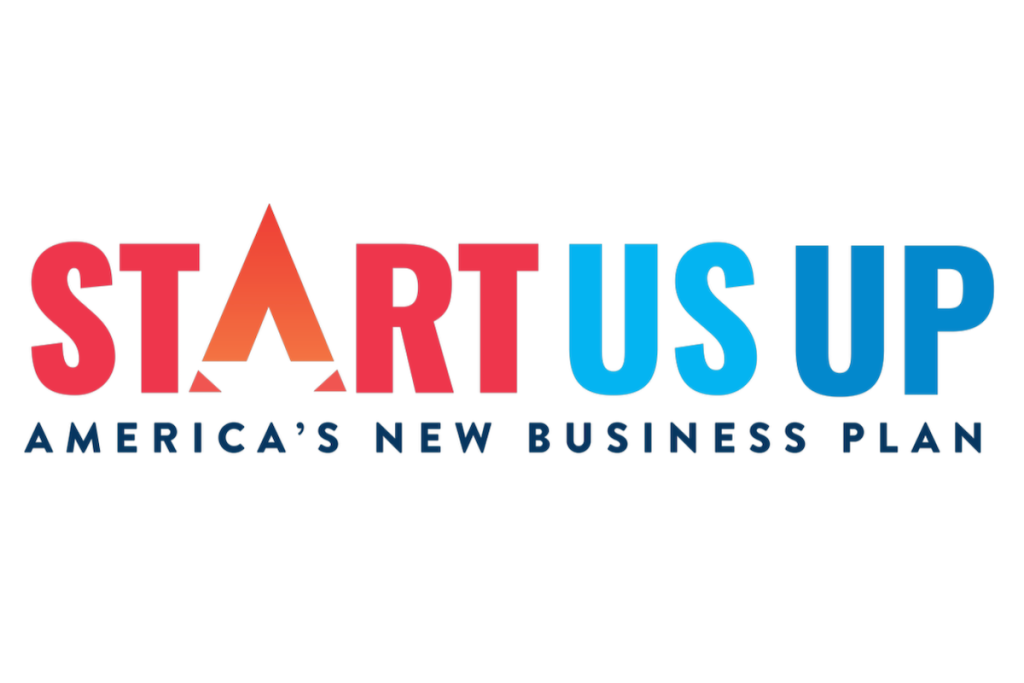As policymakers turn their attention to equitable access to funding, it is important the discourse include a necessary pre-requisite: equity in funding protections.
This month, New York’s Senate Bill 5470 will take effect — a law passed in January requiring non-traditional lenders to provide lending disclosures for small business financing. New York follows California as the second state to implement protections like this that are recommended in America’s New Business Plan.
Indeed, while we talk often about the need to scale equitable lending, including through non-traditional and innovative funding streams, it is equally important to strengthen protections, so small business owners — particularly entrepreneurs of color — aren’t exposed to predatory practices.
That’s precisely what New York’s law aims to do, requiring non-banks and fintechs to disclose:
- The total amount of the commercial financing
- The finance charge
- The annual percentage rate (APR) or estimated APR for sales-based or factoring transactions
- The total repayment amount
- The term of the financing or estimated term for sales-based transactions
- The payment amounts
- A description of all other potential fees and charges
- Prepayment penalties
- A description of collateral requirements or security interests
The Responsible Business Lending Coalition estimates New York small businesses will save between $369 million and $1.75 billion annually as a result.
Data reveals the importance of small business truth-in-lending protections.
A majority of business owners believe predatory lending is a problem, and with good reason: analysis of small business loan applications found some alternative lenders charging APRs of 90% or higher, with one study finding Black business owners were charged an average APR of 128%. Yet the federal Truth-in-Lending Act is aimed at consumers, not new and small businesses.
The status quo endangers all entrepreneurs, and reform will not only help address predatory practices, but will also ease the already-complex process of starting a business and strengthen other components of the funding ecosystem.
“Community Development Financial Institutions are committed to offering loans in a fair, affordable and transparent manner,” said Linda MacFarlane, chair of the NYS CDFI Coalition upon the bill’s passing. “Unfortunately, some lenders have made it hard for small businesses to compare the true cost of their offers, and this bill will give borrowers access to the information they need to make good financial decisions.”
Business owners nationwide would all benefit from similar transparency. Policymakers now have not one, but two examples to build from.

